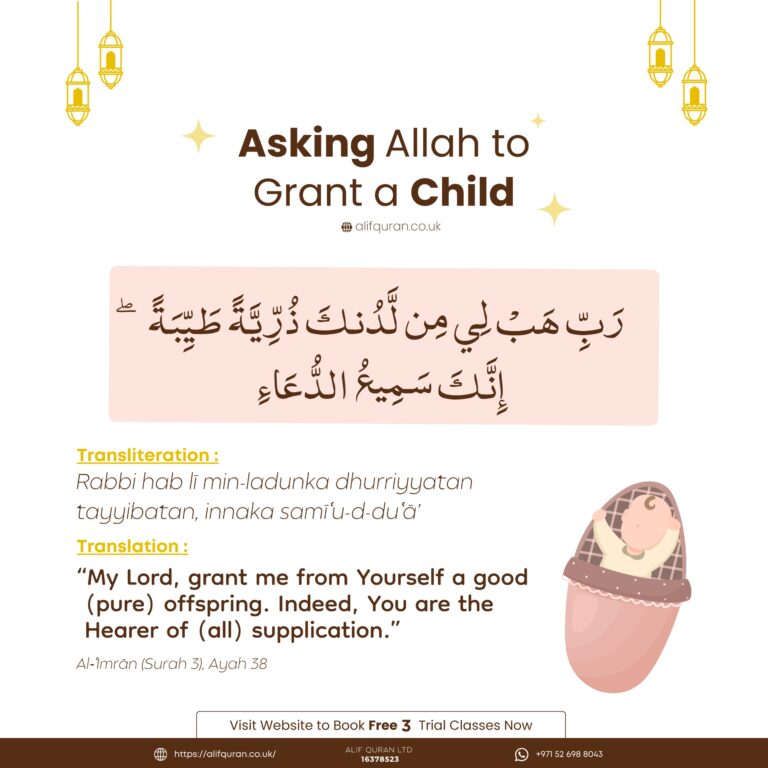Dua for Protection from Evil Eye Jealousy

Translation: In the Name of Allah, I recite over you (to cleanse you) from all that troubles you, and from every harmful mischief, and from the evil of the eyes of an envier. Allah will cure you; and with the Name of Allah, I recite over you
In a world filled with diverse energies and intentions, protecting oneself from the effects of jealousy and the evil eye (Ayn) is crucial. Islamic teachings emphasize the importance of seeking refuge in Allah from these unseen harms. One of the most powerful ways to do so is through supplication (Dua). The Dua for Protection from Evil Eye and Jealousy is a profound prayer that helps safeguard a person from envious glances and harmful intentions.
Understanding the Concept of Evil Eye in Islam
The evil eye is a harmful force caused by jealousy or envy. It is believed that a person can unintentionally or intentionally harm another through their gaze. The Prophet Muhammad (ﷺ) said:
“The evil eye is real, and if anything were to overtake the divine decree, it would be the evil eye.” (Sahih Muslim)
The Dua for Protection from Evil Eye and Jealousy
The Dua for Protection from Evil Eye and Jealousy is as follows:
بِسْمِ اللَّهِ أَرْقِيكَ مِنْ كُلِّ شَيْءٍ يُؤْذِيكَ، مِنْ شَرِّ كُلِّ نَفْسٍ أَوْ عَيْنٍ حَاسِدٍ، اللَّهُ يَشْفِيكَ، بِسْمِ اللَّهِ أَرْقِيكَ
Translation: “In the Name of Allah, I recite over you (to cleanse you) from all that troubles you, and from every harmful mischief, and from the evil of the eyes of an envier. Allah will cure you; and with the Name of Allah, I recite over you.”
This supplication serves as a shield against negative forces, protecting one from the malevolent effects of jealousy and the evil eye.
Significance of This Dua
This powerful Dua is commonly recited to protect oneself and loved ones, especially children, from harmful gazes. It is a practical way to place one’s trust in Allah while actively seeking protection from unseen dangers. By regularly reciting this Dua, believers create a spiritual barrier against envy and malicious intent.
When to Recite the Dua for Protection
Daily Routine: Incorporate this supplication into morning and evening prayers for consistent protection.
Before Leaving Home: Seek Allah’s protection when stepping out into public spaces.
After Receiving Praise: Sometimes praise can inadvertently attract the evil eye. Reciting this Dua helps mitigate its impact.
Practical Applications
For Children: Recite this supplication over your children to protect them from envy and negativity, especially when they receive compliments.
For Personal Protection: Use it regularly, especially during gatherings or social interactions.
For Belongings: Some believers also recite it over their possessions to shield them from envious intentions.
The Benefits of Reciting This Dua
Shields against harmful energies and envy.
Brings peace of mind and a sense of security.
Strengthens one’s connection to Allah by acknowledging His protection.
Reduces anxiety and stress related to social situations.
Can be used as a means to protect one’s family and belongings.
How to Teach This Dua to Children
Simplify the Arabic: Break down the supplication into parts and help them memorize it gradually.
Explain Its Meaning: Use age-appropriate language to explain the concept of protection and trust in Allah.
Practice Together: Make reciting this Dua part of the daily routine, especially before school or outings.
Conclusion
The Dua for Protection from Evil Eye and Jealousy is an invaluable spiritual tool. By sincerely reciting it and having faith in Allah’s protection, believers can ward off negative influences and maintain a sense of safety and peace. In a world filled with challenges and unseen threats, this Dua serves as a powerful reminder that Allah is the ultimate protector.
For more supplications and Islamic guidance, visit Alif Quran Academy.
FAQ
What is the Dua for Patience, and when should it be recited?
The Dua for Patience is derived from the Quran, specifically Surah Al-Baqarah (2:250):
رَبَّنَا أَفْرِغْ عَلَيْنَا صَبْرًا وَثَبِّتْ أَقْدَامَنَا وَانصُرْنَا عَلَى الْقَوْمِ الْكَافِرِينَ
“Our Lord, pour upon us patience, and make our feet firm and grant us victory over the disbelieving people.”
This supplication is particularly beneficial during times of hardship, stress, or when facing challenges. Parents and teachers can recite it to seek strength and perseverance in their roles and responsibilities.
How can I teach my child to be patient using Islamic teachings?
Teaching children patience involves both instruction and example. You can introduce them to the concept of Sabr (patience) by sharing stories from the Quran and Hadith that highlight the virtues of patience. Encourage them to memorize and recite the Dua for Patience, explaining its meaning and significance. Additionally, model patient behavior in daily life, as children often learn through observation.
Are there specific Duas for parents to seek patience in parenting?
Yes, parents can recite various supplications to seek patience and guidance in raising their children. One such Dua is:
رَبِّ أَوْزِعْنِي أَنْ أَشْكُرَ نِعْمَتَكَ الَّتِي أَنْعَمْتَ عَلَيَّ وَعَلَىٰ وَالِدَيَّ وَأَنْ أَعْمَلَ صَالِحًا تَرْضَاهُ
“My Lord, enable me to be grateful for Your favor which You have bestowed upon me and upon my parents and to do righteousness of which You approve.” (Quran 46:15).
This supplication helps parents remain grateful and patient, seeking Allah’s assistance in fulfilling their duties.
Can teachers use the Dua for Patience in their profession?
Absolutely. Teaching can be a demanding profession, and educators may face various challenges. Reciting the Dua for Patience can help teachers maintain composure and resilience. Additionally, they can seek Allah’s guidance with the following supplication:
رَبِّ زِدْنِي عِلْمًا
“My Lord, increase me in knowledge.” (Quran 20:114)
This Dua emphasizes the importance of continual learning and patience in the educational journey.
How can I incorporate the Dua for Patience into daily routines with children?
Integrating the Dua for Patience into daily life can be both simple and effective. Consider the following approaches:
Morning Routine: Begin the day by reciting the Dua together, setting a tone of patience and mindfulness.
During Challenges: Encourage children to recite the Dua when they feel frustrated or upset, helping them associate the supplication with emotional regulation.
Bedtime Reflection: Use the Dua as part of nighttime prayers, reflecting on the day’s events and seeking strength for tomorrow.
By consistently incorporating the Dua into daily activities, children can internalize its message and develop a habit of seeking patience through supplication.









